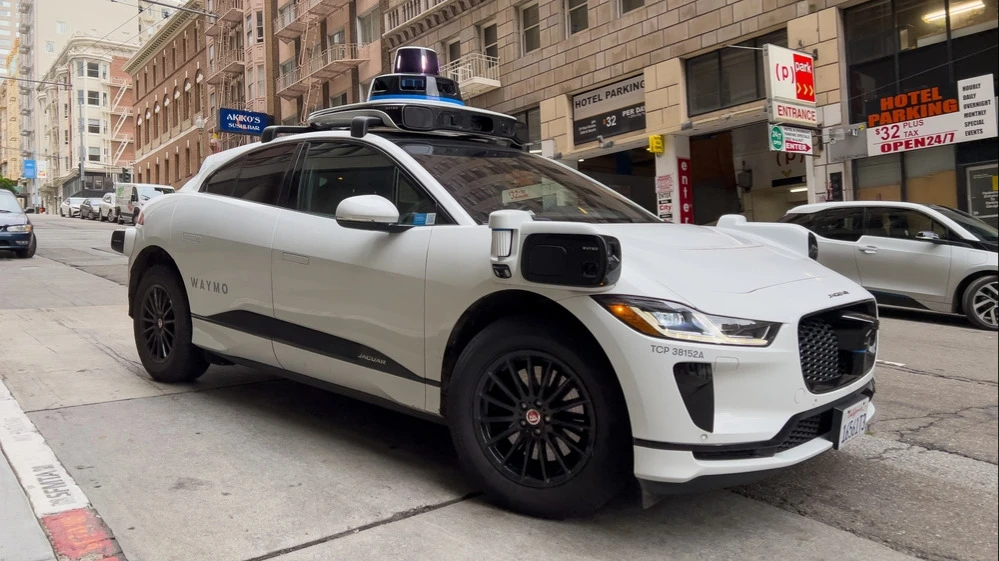BofA names unexpected beneficiaries of drone car proliferation
Self-driving cars could increase profitability of insurance business

The transition to autonomous cars could become a potential gold mine for car insurers, according to analysts at Bank of America. In the case of robotaxis, the responsibility for accidents will not be borne by human drivers, as it is now, but by legal entities - the developers of the car and software. And this will greatly simplify the work of insurance companies and increase their profitability, the bank claims.
Details
The auto insurance market could change significantly and become more profitable for companies operating in it thanks to the proliferation of self-driving cars, Bank of America analysts wrote in a note cited by Bloomberg.
Now in the US, according to the rules, in case of an accident, the driver is responsible. And since there is no driver in unmanned cars, the responsibility for an accident should be transferred to the commercial carrier, which is responsible for operating the car and developing the software. This could remove one of the "impediments to insurers' profitability," according to Bank of America. Auto insurers typically incur losses on liability insurance, so shifting that burden to the business could be financially beneficial to them, Bloomberg explained.
"In theory, the personal insurance market may be happy to transfer some of the risk created by the unpredictable U.S. civil law system," the BofA analysts wrote. - Instead of carrying the risk of loss on their balance sheets (and providing them with capital), auto insurers would be happy to simply process [injured] claims and demand payment from the newly responsible - commercial insurers."
Less accidents, less payouts?
"Bearish" sentiment in the auto insurance industry about self-driving cars is also due to expectations that autonomous driving will reduce the number of accidents caused by human error, and therefore lead to a drop in the cost of insurance and reduce insurers' margins, Bloomberg writes.
For example, Goldman Sachs predicted in June that the proliferation of autonomous cars could radically reshape the $400 billion U.S. auto insurance market, as the number of accidents caused by humans would decline and payout costs would fall.
However, Bank of America believes that "the data suggest otherwise." Technological advances are indeed reducing the frequency of road accidents, but their severity is increasing at such a rate that it negates the benefits of reducing the number of incidents, the analysts explained.
"The frequency of highway crashes has been steadily declining for more than a century, but the rate of improvement has slowed significantly over the past 20 to 30 years, despite a host of safety innovations," the memo says.
Discussions on the impact of autonomous transportation on the industry
The impact of autonomous vehicles on the insurance industry is a hotly debated topic in the market, especially after high-profile fatalities related to the technology, according to Bloomberg. It cited an incident where a Tesla with a driver assistance system (FSD) activated hit a man fatally. Although FSD is not a full-fledged autopilot that requires the driver's attention, the person was not driving the car at the time of the accident.
The discussion is unfolding as unmanned cabs from Tesla and Waymo (a subsidiary of Google) are becoming more and more common, Bloomberg stated. For example, Tesla launched a robotaxi service in Austin (Texas) in June and announced plans to expand it to other cities.
This article was AI-translated and verified by a human editor
